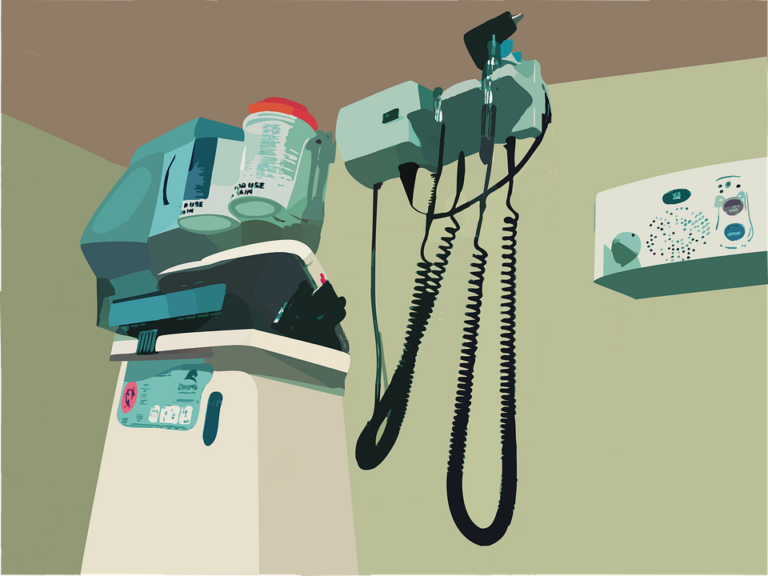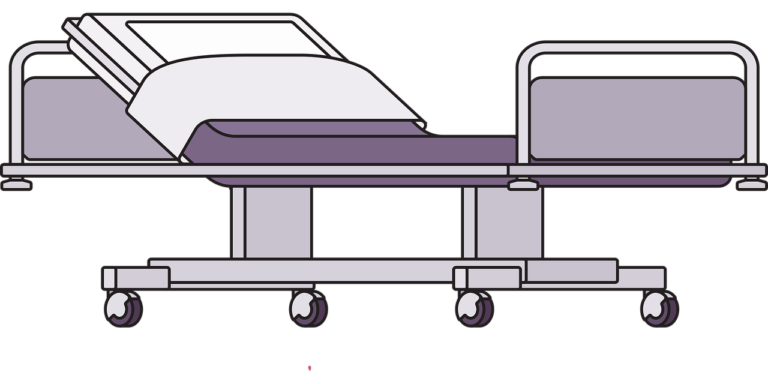Book Appointment Now

The Role of Big Data in Evidence-Based Nursing Practices
The integration of big data in evidence-based nursing is transforming how healthcare providers shape best practices and optimize patient care. Through vast data sets, including patient demographics, treatment outcomes, and procedural records, nursing teams now have valuable insights that inform decisions, improve care protocols, and advance patient outcomes. By leveraging these data-driven insights, nursing practices can adapt to current healthcare challenges with a level of precision and efficacy that was previously unattainable.
Get a custom paper help with your big data in evidence-based nursing assignment
Order Custom Nursing Paper
How Big Data Influences Evidence-Based Nursing
Big data in healthcare refers to the extensive collection and analysis of information generated from various sources, including electronic health records (EHRs), patient monitoring devices, clinical trials, and population health studies. This wealth of information helps nurses and healthcare providers recognize patterns and outcomes that can shape more effective, evidence-based care strategies.
Key Types of Big Data Sources in Nursing:
- Patient Demographics: Age, gender, race, and socioeconomic status all contribute to understanding how different groups respond to care.
- Clinical Outcomes: Data on patient recovery rates, complications, and readmissions provide essential insights into the effectiveness of specific interventions.
- Treatment and Procedure Data: Records of treatments, medication usage, and procedures help in identifying the best approaches and refining protocols based on what yields the most positive patient outcomes.
Using Big Data to Develop Nursing Best Practices
Big data enables nurses to tailor care based on evidence, rather than intuition or traditional methods alone. This data-driven approach supports the continuous refinement of best practices by offering concrete information about what works best for various patient populations. Some key applications of big data in healthcare for developing best practices include:
- Identifying Effective Interventions: By analyzing patient outcomes data, nursing teams can determine which treatments lead to better recovery rates and fewer complications, refining protocols for specific conditions.
- Personalized Patient Care: Big data insights allow for more personalized approaches, where care protocols can be adjusted to the unique needs of each patient demographic.
- Reducing Hospital Readmissions: Patterns found in big data, such as common post-discharge complications, enable nurses to develop targeted follow-up protocols, decreasing the chances of readmission.
For instance, a review of big data from cardiac care units might reveal that patients with certain risk factors benefit more from specific interventions, leading nursing staff to adopt new protocols that prioritize these practices.
Improving Patient Outcomes with Data-Driven Nursing Practices
Nurses rely on big data to make informed decisions that enhance patient outcomes and optimize care delivery. By analyzing trends, they can identify areas where preventive measures could be introduced, such as monitoring patients who are at higher risk for infections or complications. Key ways big data improves patient outcomes include:
- Predicting Patient Risks: Data analysis helps nurses recognize early signs of potential complications, enabling them to take preventive action before issues escalate.
- Optimizing Medication Protocols: Big data reveals patterns in medication efficacy, helping nurses administer treatments more accurately and reduce adverse reactions.
- Efficient Resource Allocation: With insights from big data, healthcare facilities can allocate staff and resources more effectively, focusing on areas where patient needs are greatest.
The Role of Big Data in Developing Long-Term Nursing Protocols
In addition to shaping daily practices, big data plays a crucial role in the development of long-term nursing protocols. By tracking the long-term impact of nursing interventions on various patient populations, healthcare organizations can refine protocols to align with best outcomes. Big data enables the following:
- Monitoring Long-Term Health Trends: Nursing teams can study data over time to observe how specific practices impact patient health in the long run, leading to protocol improvements.
- Evaluating Cost-Effectiveness: By analyzing which practices yield the best results relative to their costs, big data helps identify cost-effective solutions that do not compromise patient care quality.
- Benchmarking Performance: Big data allows for performance comparisons across different hospitals and care units, helping nursing leaders identify areas for improvement.
For example, hospitals may use big data to track the success of infection control protocols over several years, allowing them to adjust strategies based on evidence gathered over time.
Challenges of Implementing Big Data in Evidence-Based Nursing
While big data holds immense promise, its implementation in nursing comes with challenges. Managing and analyzing large volumes of data requires significant resources, and data security is critical in protecting patient information. Additionally, nurses and other healthcare staff must be trained in data literacy to effectively interpret and apply big data insights to clinical practice.
The Future of Big Data in EBN
As technology advances, the potential of big data in evidence-based nursing will continue to expand. Future developments may include the integration of artificial intelligence to analyze data more quickly and identify complex patterns that are difficult for humans to detect. With these advances, nursing practices can become even more precise, leading to more targeted care protocols that are constantly refined by real-time data feedback.
The use of big data in evidence-based nursing has revolutionized patient care by providing healthcare professionals with the insights needed to develop best practices, improve patient outcomes, and manage long-term care. As data-driven methodologies continue to evolve, nursing will benefit from increasingly sophisticated, evidence-based protocols that ensure the highest standards of patient care.
Also read:






